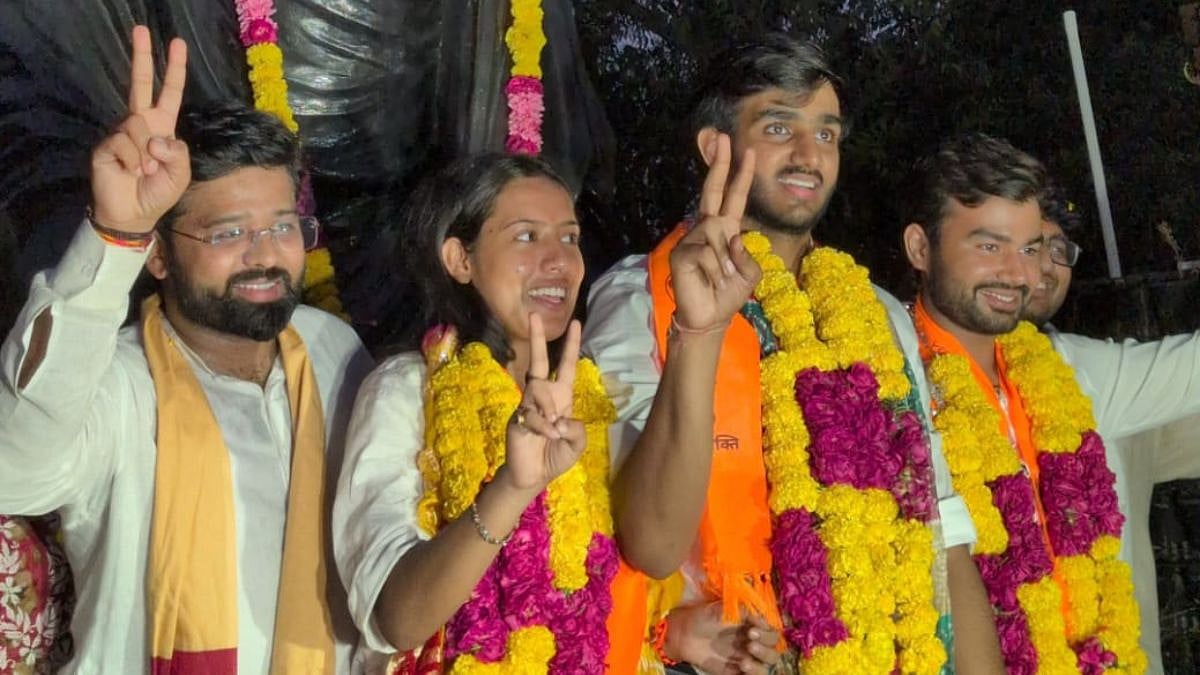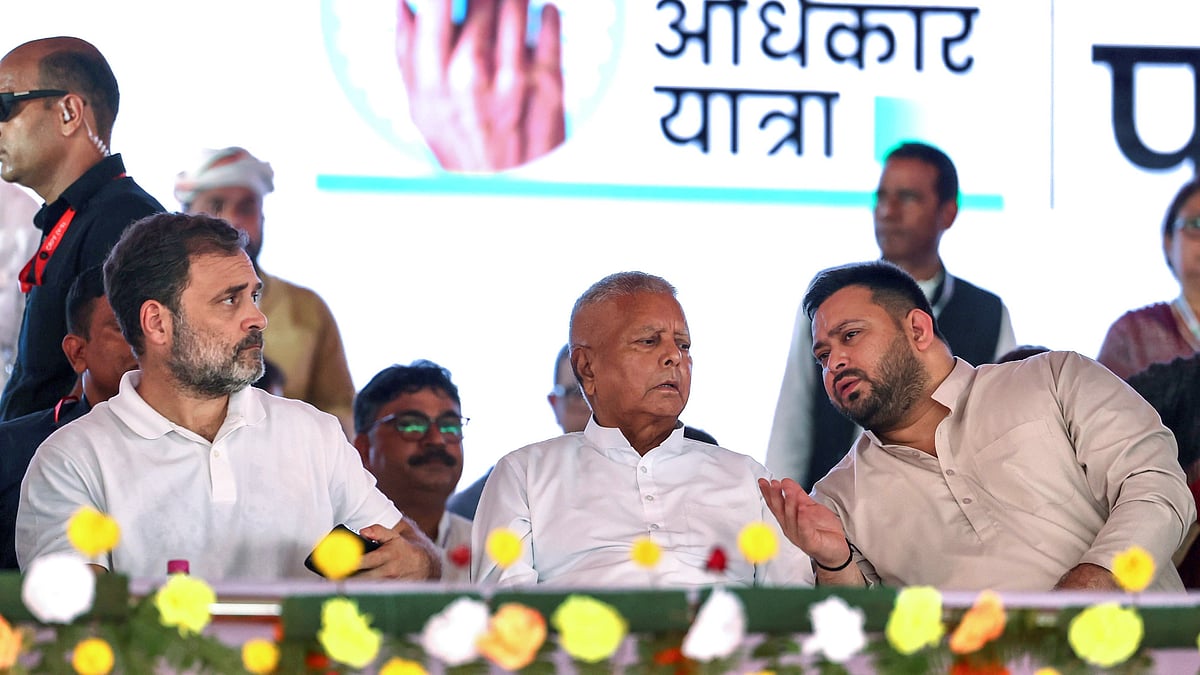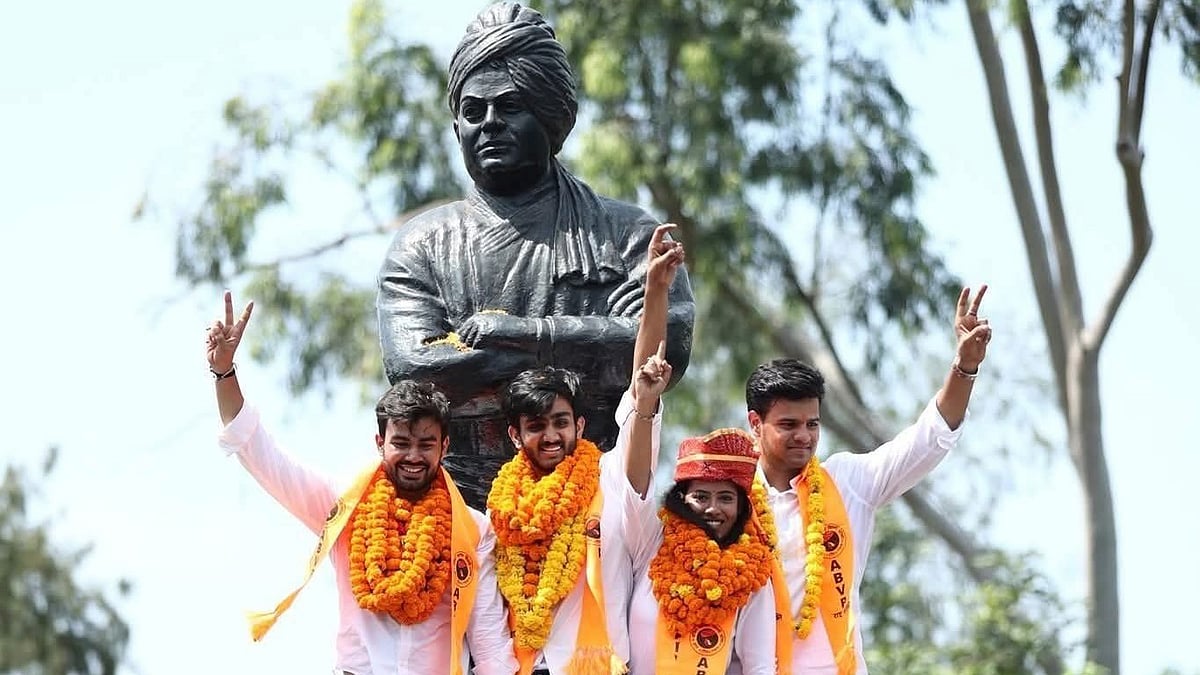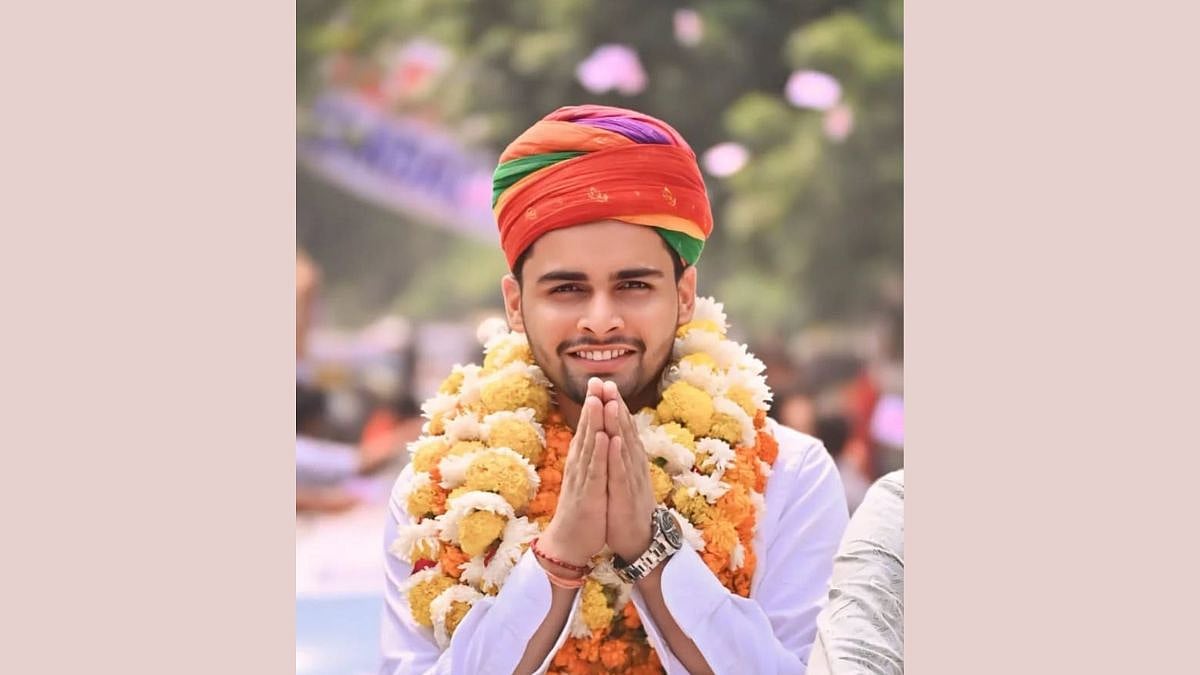The centralised online admission process (CAP) for First Year Junior College (FYJC) in Maharashtra, set to resume on Monday after a website crash on May 21, has sparked significant controversy, particularly in rural areas. The initiative, aimed at streamlining Class 11 admissions across the state, has faced mounting criticism for its inaccessibility to students in remote regions.
Shiv Sena (UBT) MLC J M Abhyankar has written a letter to School Education and Sports Minister Dadaji Bhuse, urging the government to exempt rural areas from the mandatory online system due to widespread infrastructure challenges. Meanwhile, education experts are calling for the establishment of dedicated admission facilitation centers to alleviate the burdens faced by rural students.
The FYJC admission process, which began on May 21, was disrupted when the official portal crashed reportedly due to a surge of students attempting to register simultaneously. The Maharashtra School Education and Sports Department promptly rescheduled the first phase of registrations to May 26 through June 3, after addressing what they called technical issues.
While the government assures a smoother experience this time, the incident has amplified concerns about the feasibility of a fully online CAP for the state’s 20.43 lakh seats across 9,281 junior colleges.
In his letter, MLC Abhyankar highlighted the severe challenges faced by students in rural and remote areas, where internet connectivity is often nonexistent or unreliable. He noted that many students must travel to taluka centers to access cyber cafes, incurring costs of Rs200-300 per visit to submit applications.
Additionally, the mandatory Rs100 application fee poses a financial strain for economically disadvantaged families, especially when coupled with these incidental expenses. Abhyankar emphasised that many students and their parents lack access to smartphones capable of handling the online process, further exacerbating the digital divide.
The Junior College Teachers’ Federation has echoed these concerns, urging Chief Minister Devendra Fadnavis and the education minister to revert to offline admissions for rural areas. The federation argues that poor internet connectivity, lack of personal devices, and limited knowledge of the online process make the system impractical for rural students. They also pointed out that cyber cafes are exploiting the situation by charging exorbitant fees, turning the admission process into a financial burden for families.
"Forget just understanding how to navigate the online admission process — about 3 lakh students in rural areas don’t even have access to mobile phones," said Mukund Aandhalkar, state coordinator of the Junior College Teachers’ Federation.

Education experts and stakeholders are advocating for the establishment of dedicated admission facilitation centers in rural areas to bridge the gap. These centers, equipped with computers and reliable internet, could provide free or low-cost assistance to students, eliminating the need to rely on expensive cyber cafes. Aandhalkar also emphasised the need for a phased implementation of the online system with proper training for schools and colleges.
The FYJC admission authorities have previously encouraged students to use schools or guidance centers instead of cyber cafes, with 39 such centers established in regions like Mumbai, Pune, Nagpur, Nashik, and Amravati.
However, these facilities are often located in urban or semi-urban areas, leaving rural students with limited options.
The Maharashtra government’s push for a fully online CAP, expanded statewide for the first time in 2025, aims to ensure uniformity and transparency in admissions. The system allows students to apply to colleges across the state, enabling those from rural areas to seek admission to prestigious institutions in Mumbai.
However, critics argue that the infrastructure in rural areas is not yet equipped to support such an ambitious digital transition.









